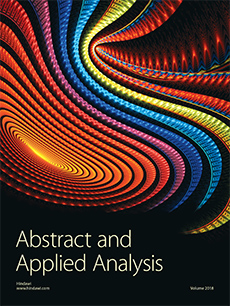Abstract
Multiple-unit ownership of nondurable products is an important component of sales in many product categories. Based on the Bass model, this paper develops a new model considering the multiple-unit adoptions as a diffusion process under the influence of product sampling. Though the analysis aims to determine the optimal dynamic sampling effort for a firm and the results demonstrate that experience sampling can accelerate the diffusion process, the best time to send free samples is just before the product being launched. Multiple-unit purchasing behavior can increase sales to make more profit for a firm, and it needs more samples to make the product known much better. The local sensitivity analysis shows that the increase of both external coefficients and internal coefficients has a negative influence on the sampling level, but the internal influence on the subsequent multiple-unit adoptions has little significant influence on the sampling. Using the logistic regression along with linear regression, the global sensitivity analysis gives a whole analysis of the interaction of all factors, which manifests the external influence and multiunit purchase rate are two most important factors to influence the sampling level and net present value of the new product, and presents a two-stage method to determine the sampling level.
Citation
Zhineng Hu. Yurong Pei. Ruikun Xie. "Analysis of Product Sampling for New Product Diffusion Incorporating Multiple-Unit Ownership." Abstr. Appl. Anal. 2014 (SI19) 1 - 10, 2014. https://doi.org/10.1155/2014/189062





